The Greater Chennai Corporation (GCC) is preparing to increase property taxes by 6%, marking the first revision in two years since the significant hike implemented in 2022. As per sources, the proposal for the increase is expected to be tabled during an upcoming Council meeting, a move that is seen as necessary to address the civic body's financial strain. While the decision aims to generate much-needed revenue, it has sparked concerns among residents, builders, and other stakeholders in the real estate sector.
The Context of the Proposed Hike
In 2022, the GCC carried out a property tax revision that saw residential tax rates increased by 50% to 150%, depending on the property type and location. Non-residential properties experienced even steeper hikes, ranging from 100% to 200% compared to 2021. Additionally, the tax on vacant land was doubled from ₹0.50 to ₹1 per square foot. These revisions were implemented to better align the tax structure with the city’s growth and development demands.
However, despite these adjustments, the GCC now faces a financial crunch. According to sources within the revenue department, the Corporation has been forced to use its capital funds for various infrastructure projects, including road repairs, as the State government has delayed releasing funds for certain projects. This situation has created a funding gap that the GCC aims to address through the proposed 6% increase in property tax rates.
The decision comes on the heels of a government order issued on September 5, which directed the Chennai Corporation Commissioner and other key municipal and district authorities to implement this increase. The revision is in accordance with Rule 264(2) of the Tamil Nadu Urban Local Bodies Rules, 2023, which mandates an annual revision of property taxes based on the average growth rate of the Gross State Domestic Product (GSDP) or a flat 6% increase, whichever is higher.
Why the GCC Needs the Funds?
The proposed tax increase is part of a broader effort by the GCC to maintain and improve the city's infrastructure. Chennai, like many urban centers in India, faces the challenge of rapid population growth, which places significant pressure on its infrastructure. To address this, the Corporation has undertaken several key projects, including road construction and maintenance, drainage improvements, and waste management initiatives. However, without adequate financial backing from the State, these projects are progressing at a slower pace than anticipated.
The delay in the release of state funds has left the GCC with no choice but to tap into its reserves, which are quickly depleting. The proposed property tax increase is seen as a way to replenish these reserves and ensure that essential public services continue to be delivered efficiently.
Impact on Property Owners and Residents
For many residents, particularly middle-class homeowners, the prospect of yet another property tax hike is a cause for concern. N.G. Lokanathan, chairman of the Builders Association of Southern India, has expressed worries that the constant upward revision of taxes could deter potential property buyers, particularly in the residential market. The tax burden, he argues, could reduce the affordability of housing, impacting both buyers and builders.
The 2022 revision already saw substantial increases based on property sizes and zones, with rates rising by 25% to 100%. For example, larger properties located in prime areas experienced the sharpest hikes, with some residential properties seeing taxes increase by as much as 150%. Non-residential properties were similarly affected, with some categories witnessing a doubling of rates.
While the 6% increase may seem modest in comparison, it adds to an already elevated tax base. Property owners who have just begun to adjust to the 2022 rates may find this additional increase burdensome, especially those on fixed incomes. Moreover, as Lokanathan pointed out, the higher tax rates could discourage new investments in Chennai’s real estate market, potentially slowing down the city’s growth in the long term.
Long-Term Ramifications for the Real Estate Market
The property tax hike has broader implications for Chennai’s real estate market. The city’s property market has historically been attractive to investors, thanks to its robust infrastructure and industrial growth. However, repeated tax hikes can erode investor confidence, particularly in the residential segment.
Middle-class families, a key demographic in the residential property market, are more likely to reconsider their investment plans if the cost of property ownership continues to rise. Additionally, the increased tax burden could be passed on to renters, making housing in Chennai less affordable overall.
On the other hand, proponents of the tax hike argue that the increased revenue will be crucial in maintaining and upgrading the city’s infrastructure, which is essential for sustained economic growth. Improved infrastructure not only enhances the quality of life for residents but also makes the city more attractive to businesses and industries, which in turn drives job creation and further economic development.
What Lies Ahead?
As the GCC prepares to table the resolution at the upcoming Council meeting, the proposed property tax hike is likely to spark debate among various stakeholders. While the civic body’s need for additional revenue is clear, the impact on residents and the real estate market cannot be ignored. Finding a balance between fiscal responsibility and ensuring the affordability of property ownership will be critical as the city moves forward.
The next few weeks will be critical as the resolution is debated and, if passed, implemented. For now, property owners across Chennai are bracing for the possibility of higher tax bills, hoping that the funds will lead to meaningful improvements in the city’s infrastructure and overall quality of life.



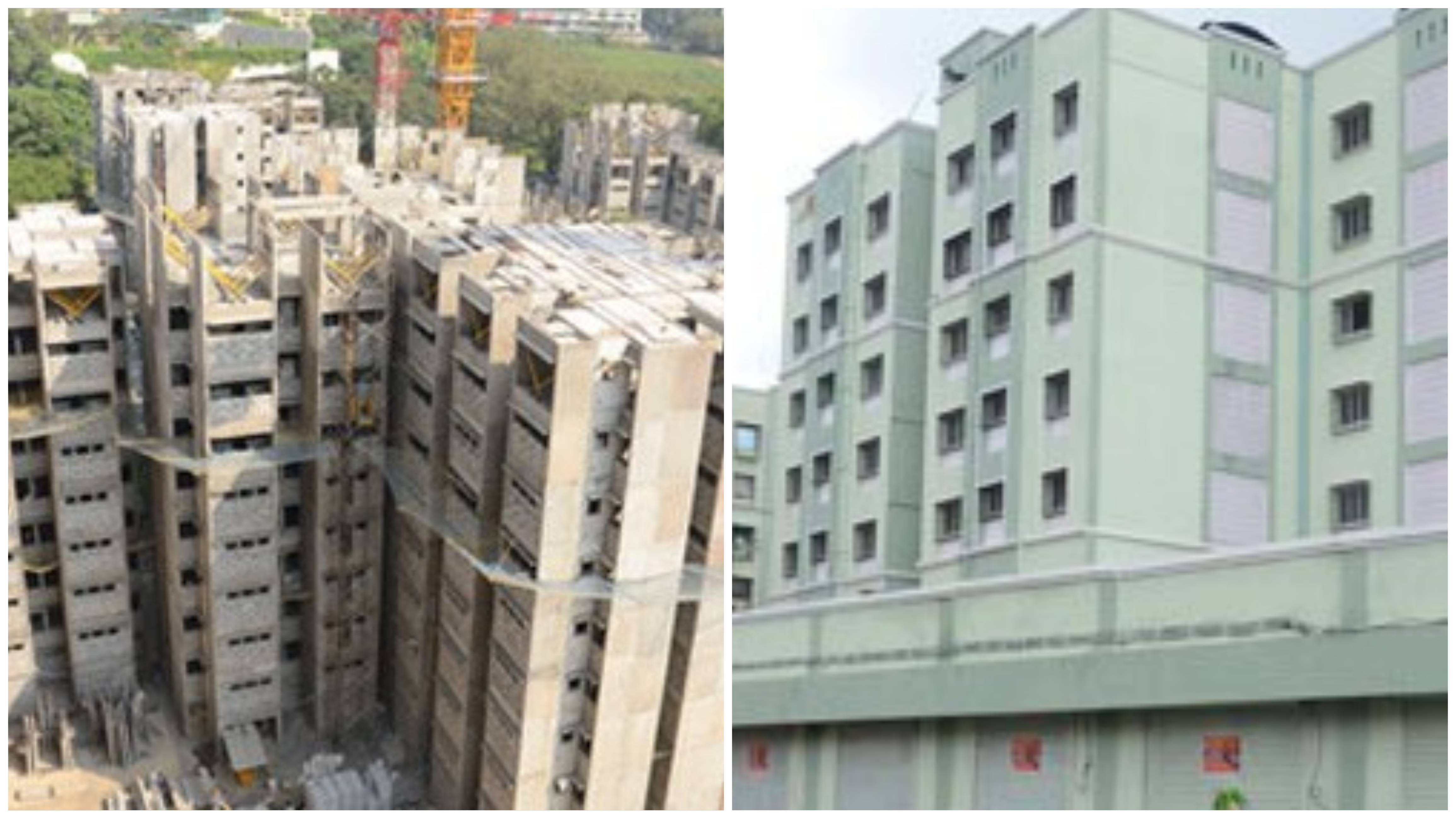
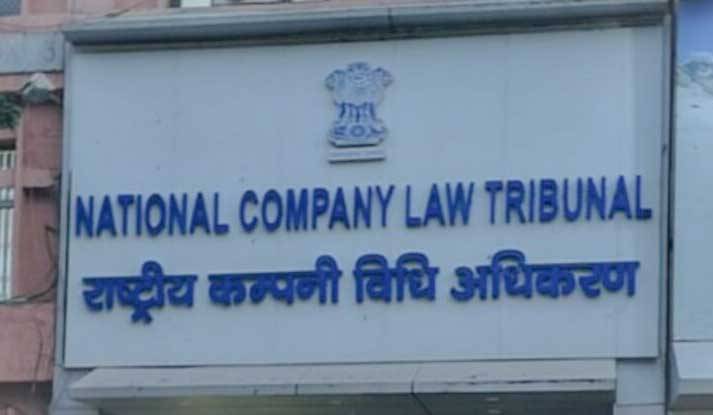
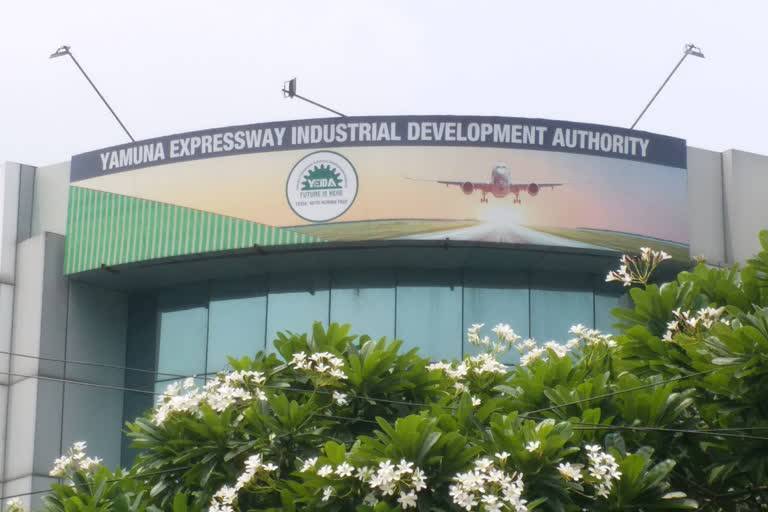

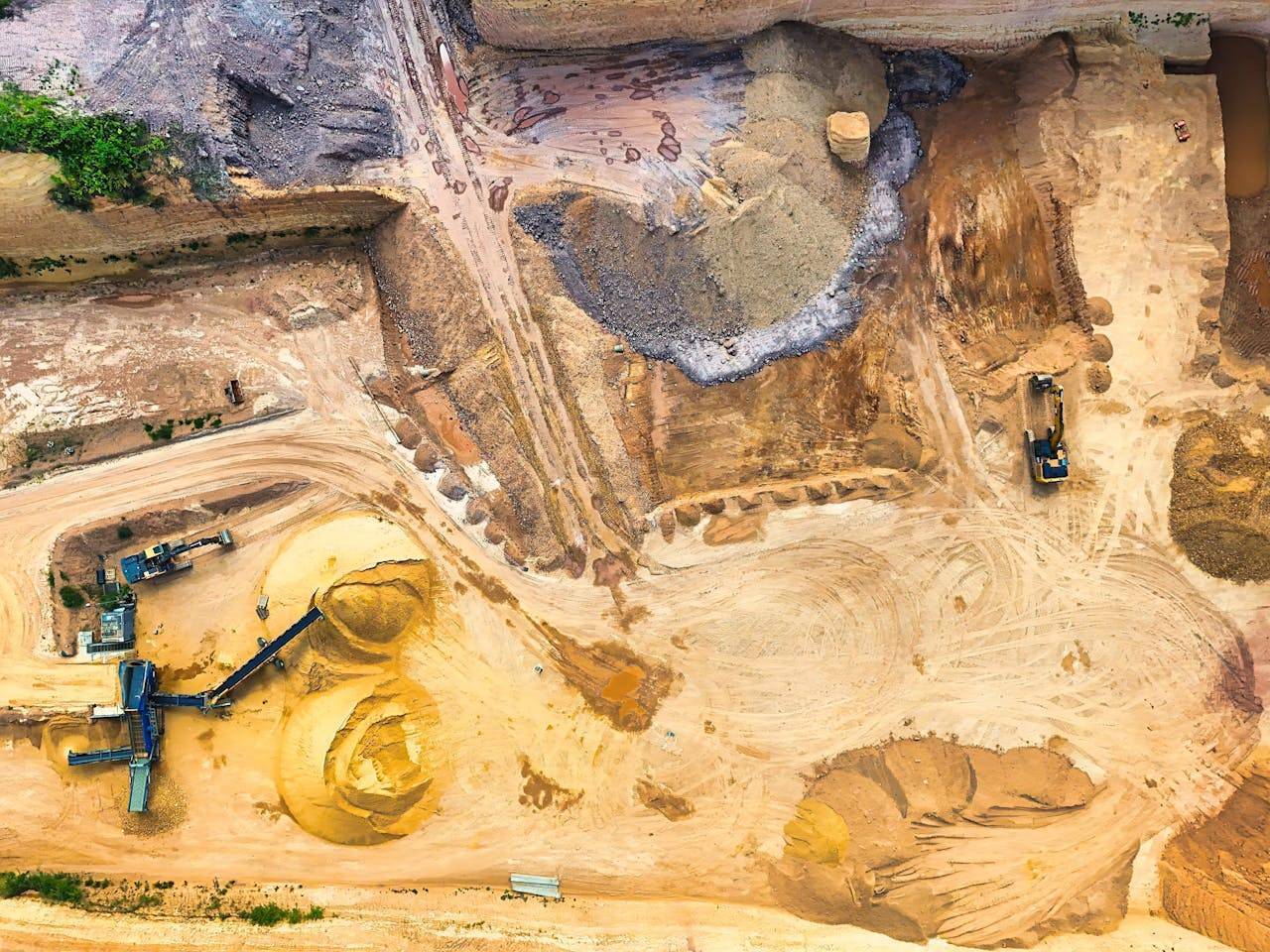
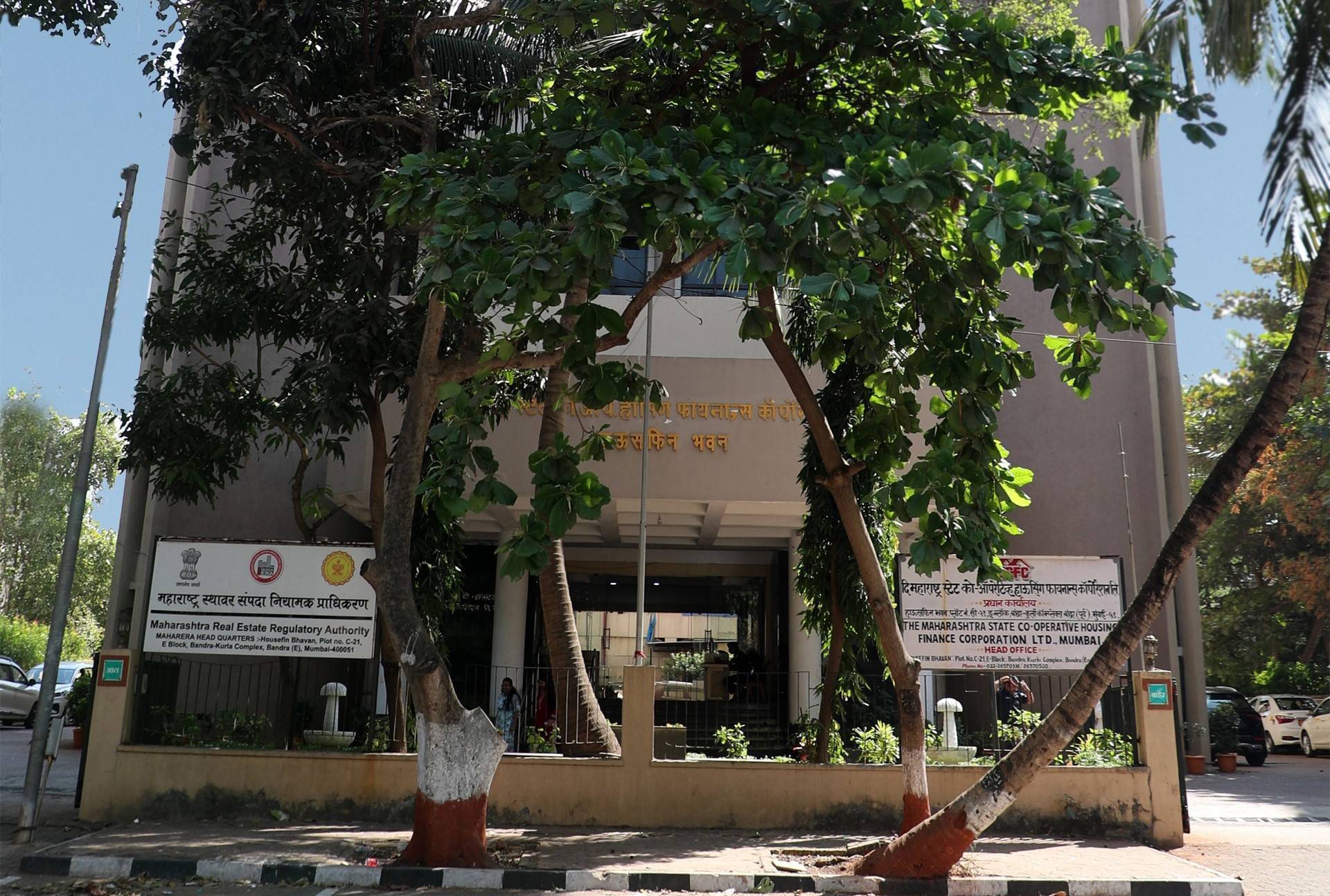
.png)